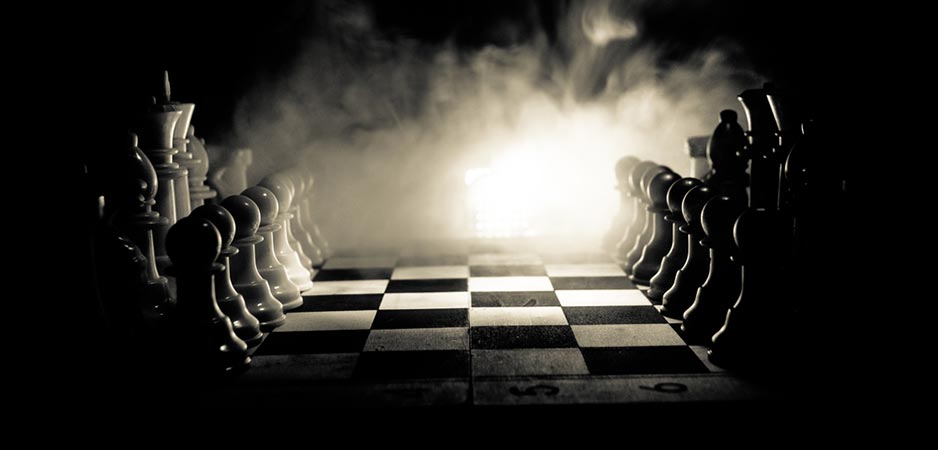During World War I, soldiers all along the Western front held a series of informal truces in December 1914 to commemorate Christmas. It was early in the war, and opposition had not yet hardened into implacable enmity. The military command, caught by surprise, could not impose complete battlefield discipline. An estimated 100,000 British and German soldiers participated. They exchanged smokes, sang together, and even, on at least one occasion that has since been widely mythologized, played a game of football.
Imagine how different the world would look today if that truce had held, if it had turned into a lasting ceasefire, if Europe had not burned itself to the ground in a fit of nationalist pique. There might not have been a global flu epidemic spread by soldiers in 1918. The Nazis might not have seized power and precipitated the Holocaust. World War II might never have happened and nuclear weapons never used. At the very least, nearly 20 million people would not have perished in the First World War.

